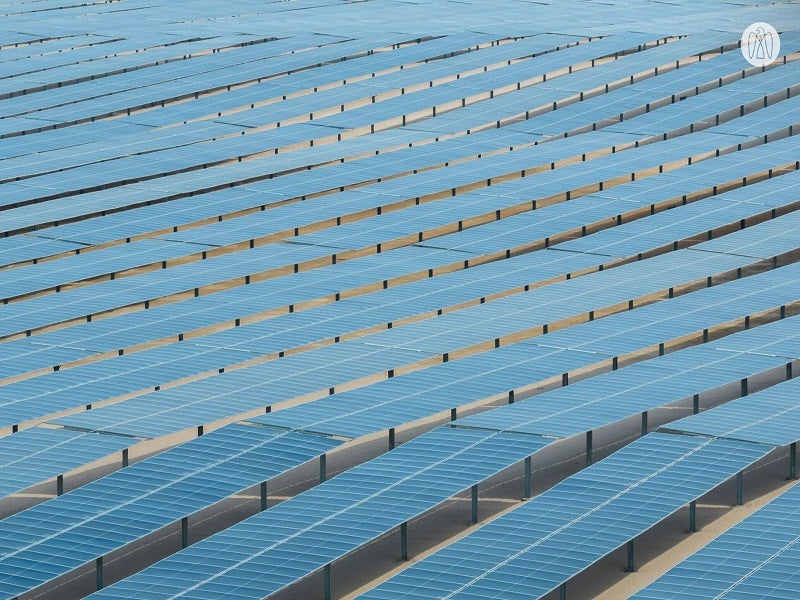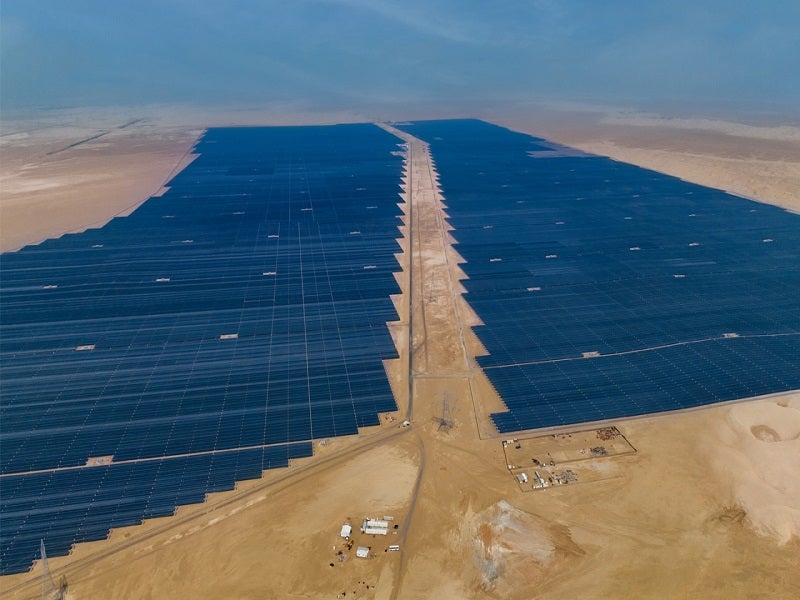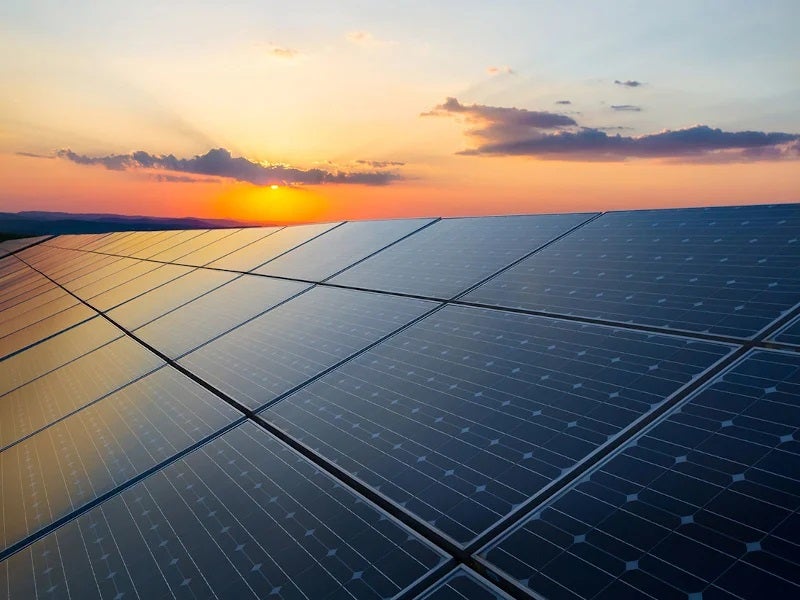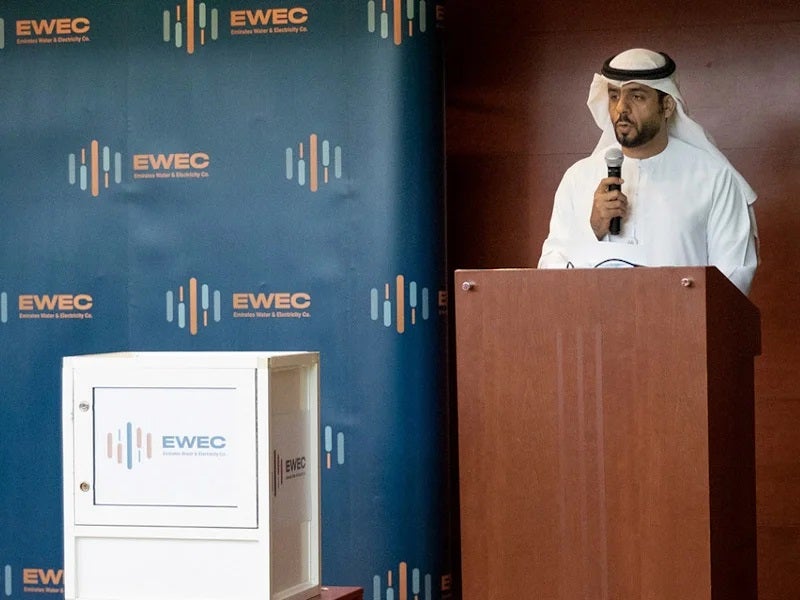The Al Dhafra solar project is a 2GW photovoltaic (PV) independent power producer (IPP) project in the Al Dhafra region, United Arab Emirates (UAE).
The project is developed under a public-private partnership (PPP) scheme and is jointly owned by Abu Dhabi National Energy Company (TAQA, 40%), Masdar (20%), EDF Renewables (20%), and Jinko Power (20%).
The construction of the power project began in 2020 and the plant was commissioned in June 2023.
The power plant helps reduce more than 2.4 million tonnes of carbon emissions annually, which is equivalent to taking approximately 470,000 cars off the road.
The solar power project is in line with the UAE Energy Strategy 2050, which aims to increase the share of renewable energy in the total energy mix from 25% to 50% by 2050.
Al Dhafra solar project location
The Al Dhafra solar project is located approximately 35km south of Abu Dhabi. The project is constructed in an area of approximately 20km².
The region is also home to the 1.17GW (previously known as the Sweihan solar photovoltaic power plant), which is one of the world’s biggest solar power plants.
Al Dhafra solar project details
The Al Dhafra solar project is installed with four million Jinko Solar’s solar PV modules based on crystalline, bifacial module technology. The solar modules capture sunlight from both sides for better yield.
The project has a low solar PV energy tariff of AED 4.97fils/kWh (1.35 cents/kWh) based on a levelised cost of electricity (LCOE) basis.
Other infrastructure, including inverters, connection to the transmission network, and related facilities, is also established.
There is an additional option to build on the existing battery capacity of 108MW, which is operational in the current electricity storage system of Abu Dhabi.
Details of the bifacial solar modules
Jinko Solar’s bifacial solar modules broke the world record for the conversion efficiency of bifacial solar modules, achieving 22.49% efficiency in January 2020.
Equipped with transparent back sheet technology, the bifacial module has a capacity of 1.5kW per array with a fixed tilt angle of 30°.
The highly efficient cell design of the solar PV modules features anti-reflection coatings (ARC), advanced metallisation technologies, along with the company’s proprietary technologies.
The new tiling ribbon (TR) technology was integrated into the cell design to eliminate any inter-cell gap. It improves the efficiency and reliability of the module while enhancing its appearance. The high-efficiency modules also reduce the LCOE, facilitating grid parity.
Power purchase agreement
In July 2020, the consortium of TAQA, Masdar, EDF and Jinko Power signed a 30-year power purchase agreement (PPA) with Emirates Water and Electricity Company (EWEC) to sell the electricity generated by the plant.
Financing details
In December 2020, TAQA and partners Masdar, EDF Renewables, and Jinko Power confirmed the completion of the financial closing for the Al Dhafra solar PV project.
The solar project was funded by seven international banks after the PPA was signed in July 2020.
Contractors involved
China Machinery Engineering Corporation (CMEC), a construction and engineering company, was the engineering, procurement and construction (EPC) contractor for the Al Dhafra PV2 solar project in Abu Dhabi.
Hitachi Energy, an energy solutions provider, was contracted by CMEC in September 2021 to provide GSU transformers, protection systems, and telecommunication systems.
ABB, a technology company, provided automation and optimisation solutions for the project.







